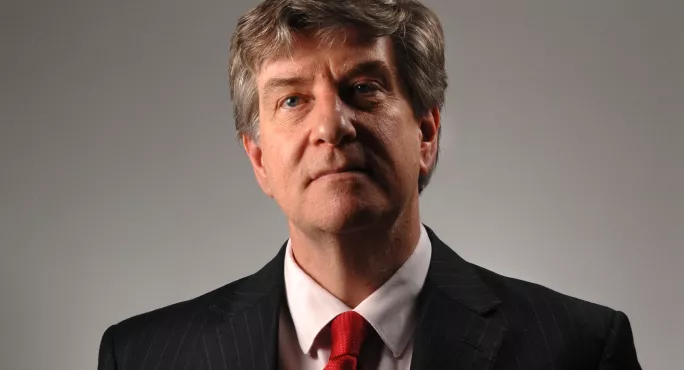Academy chains have been told to get better at persuading good schools to join them.
National schools commissioner Sir David Carter is advising multi-academy trust (MAT) bosses to revise their expansion tactics, following changes to the accountability system.
“You, as leaders, will have to be better, or as good as you are today, about convincing schools to join you because regional schools commissioners and I do not have the levers to insist a good school joins a MAT,” he said. “You have to do that.”
Changes to accountability announced by education secretary Damian Hinds mean that poorly performing schools no long face forced academisation on data alone.
Mr Hinds said he wanted becoming an academy to be a “positive choice” for a school. Now Sir David has spelt out the implications of that change for MATs.
“There will, of course, be the formal intervention levers for schools that get into trouble, where a directive academy order or a rebrokerage for the existing academy is the right thing to do and we must continue to do that,” the commissioner told the Schools NorthEast Academies Conference on Thursday.
“But if that is the only route for growth, you are going to end up with a very unbalanced trust which will predominantly be made up of schools that are a challenge. So there has to be a balance.”
Sir David said the system needed MATs to be able to take on good schools because “you want their capacity, you want their quality, you want something that they do which is different to come and join you”.
He warned that some trusts that had taken on large numbers of failing schools had found this a really difficult job.
More collaboration between academy trusts
He also urged headteachers at last week’s event in Newcastle to ensure that MATs worked together to help raise standards outside their own schools.
Sir David told the event that MATs should consider offering schools an associate membership of their trust for a year to help persuade them to join.
He said this should not be an alternative to joining permanently and must be used as a means to an end.
Sir David said school leaders should identify ways of sharing resources between MATs. He also said that leaders should consider themselves responsible for raising standards in the areas where their schools operate and not just within their trust.
“I worry a bit about the collaboration across the system between MATs,” he said. “We need to think about ways we can incentivise and change some of the leadership behaviours to enable a system brain - which is the CEOs who run the half a dozen MATs in a town or a city or a part of a region - to think about how they come together to look at the challenges that we need to resolve.
“Of course, you have an obligation to the children you educate, that is your core responsibility, that is what you are held to account for.
“But I think there is a new level of accountability. Which is how does your impact in your trust contribute to raising standard beyond your trust.”
It was announced earlier this year that Sir David was leaving his role as national schools commissioner. In an exclusive interview with Tes, he denied that the scaling back of the regional schools commissioners’ role in schools had been a factor in his decision.





